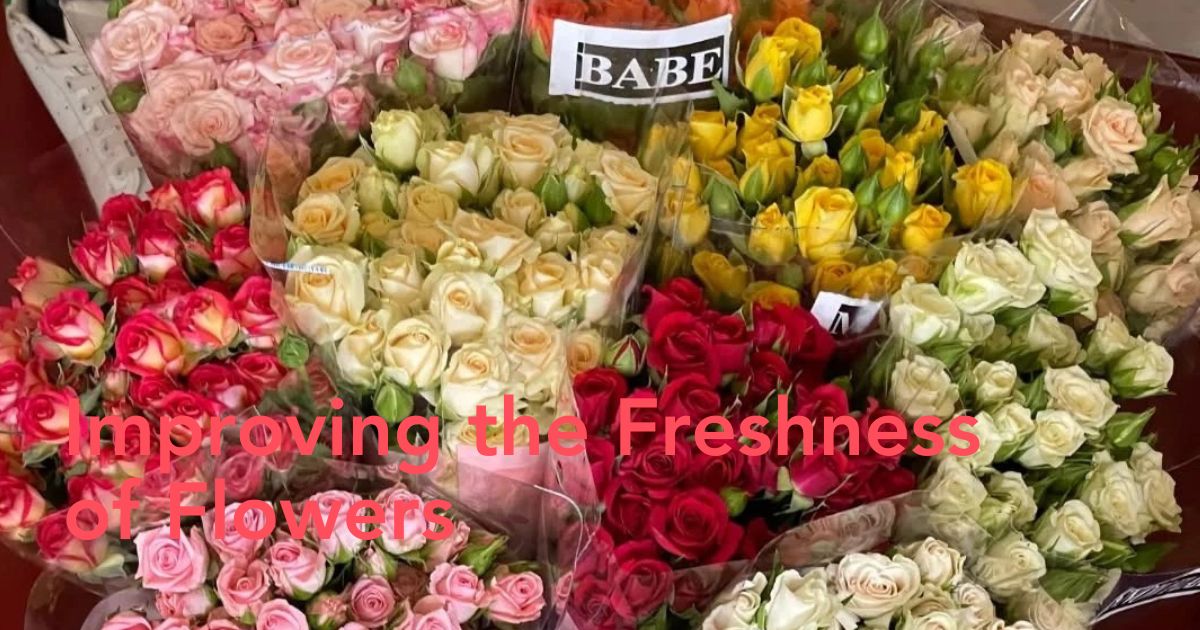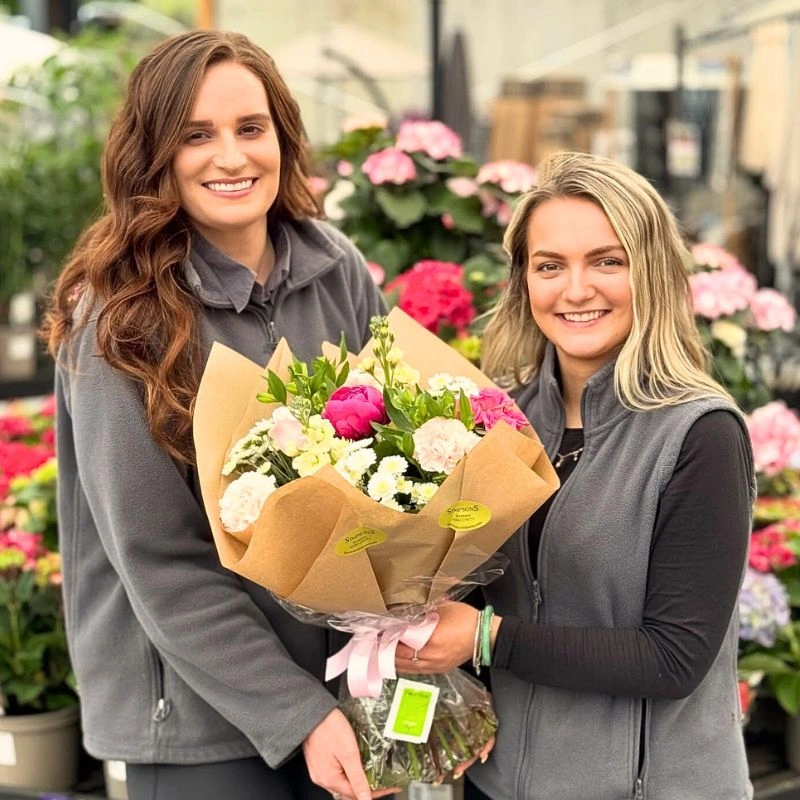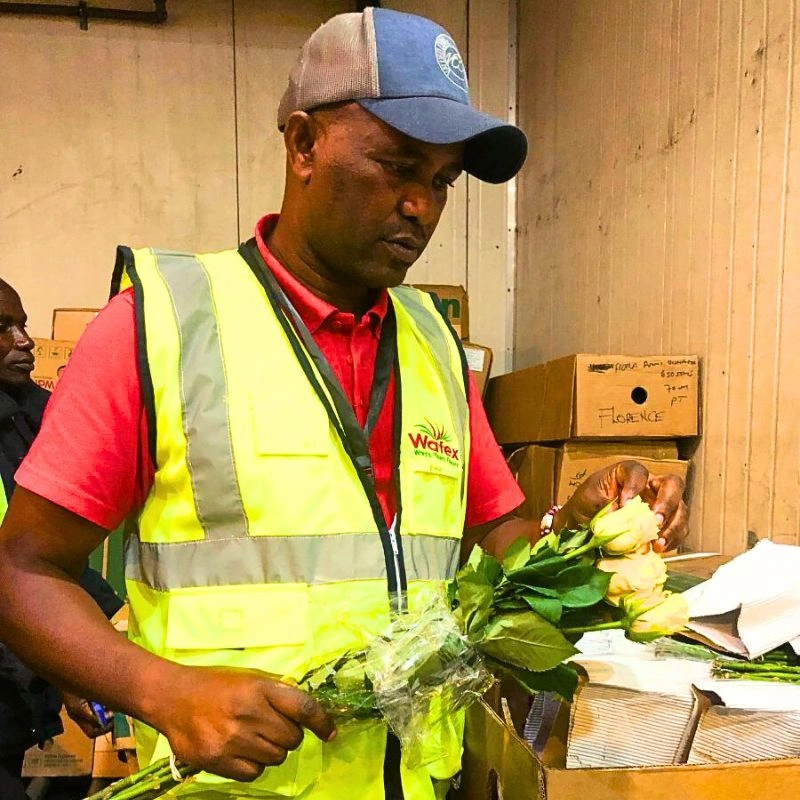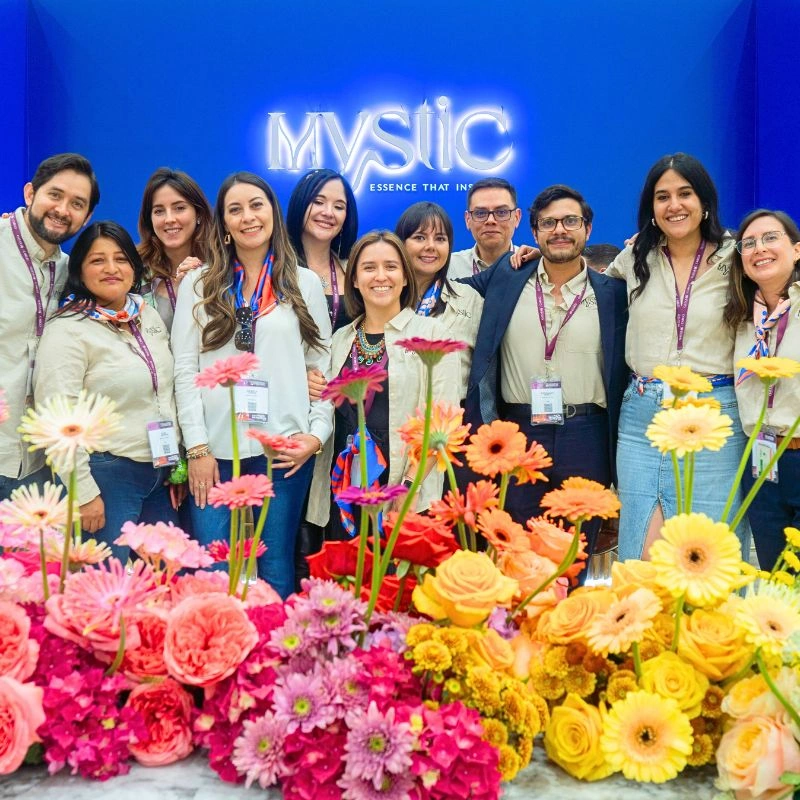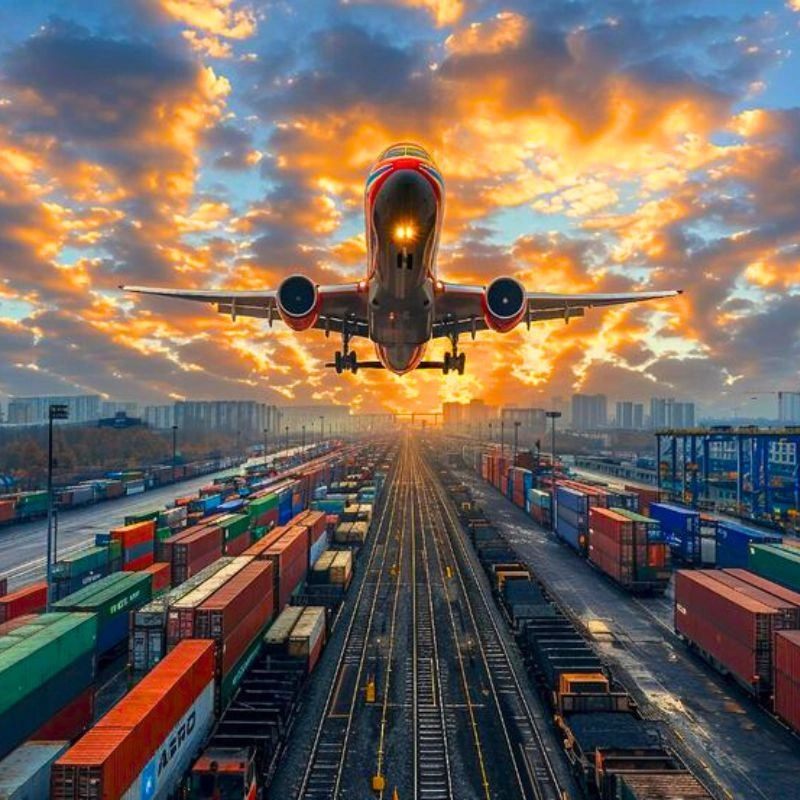The flower and plant industry, known for its delicate and perishable products, is undergoing a remarkable transformation. Traditionally reliant on manual processes and human expertise, the sector is now embracing cutting-edge technologies, with Artificial Intelligence (AI) leading the charge. From optimizing supply chains to improving the freshness of flowers during transit, AI is reshaping how flowers and plants are grown, transported, and delivered.
This article explores how AI is revolutionizing transportation and logistics within the flower and plant industry, highlighting its benefits, real-world applications, and future potential. Here you can read more about Floral Logistics in a Post-COVID World

The Challenges of Transportation and Logistics in the Flower and Plant Industry
Transporting flowers and plants presents unique challenges due to their perishable nature and sensitivity to environmental factors. Here are some common hurdles faced by the industry:
- Temperature Sensitivity: Flowers and plants require specific temperature ranges to maintain freshness and avoid damage.
- Tight Timeframes: Many floral products have a short shelf life, demanding efficient supply chain management to reach customers quickly.
- Supply Chain Complexity: Coordinating growers, wholesalers, distributors, and retailers often involves managing multiple layers of logistics.
- Fragility: Flowers and plants are highly susceptible to physical damage during handling and transportation.
Traditional methods often fall short in addressing these challenges, leading to waste, inefficiencies, and higher costs. AI is stepping in to provide innovative solutions that enhance efficiency, reduce waste, and ensure product quality. Fortunately, experts can be found in companies like Svitla Systems and can provide assistance to help logistics and transportation companies achieve their goals, and through these partnerships, companies reach new milestones and generate great success. Leveraging logistics software development services is also becoming essential for businesses aiming to build scalable and intelligent systems tailored to their specific operational needs.
How AI Is Transforming the Industry
1. Optimized Route Planning
AI-powered algorithms are revolutionizing transportation logistics by optimizing delivery routes. For the flower and plant industry, where timely delivery is critical, this technology helps minimize delays and reduces transportation costs.
- Dynamic Route Adjustments: AI systems analyze traffic conditions, weather data, and delivery schedules in real-time to select the fastest and most efficient routes.
- Minimized Carbon Footprint: By optimizing routes, delivery vehicles consume less fuel, making logistics operations more eco-friendly—a crucial aspect for businesses committed to sustainability.
2. Enhanced Cold Chain Management
The cold chain, which ensures temperature-controlled storage and transportation, is essential for maintaining the freshness of flowers and plants. AI is significantly improving cold chain efficiency.
- Real-Time Monitoring: Sensors integrated with AI can monitor temperature, humidity, and light levels throughout the transportation process.
- Predictive Maintenance: AI predicts potential equipment failures in refrigeration units, reducing downtime and the risk of spoilage.
- Automated Adjustments: Based on real-time data, AI can automatically adjust environmental conditions, ensuring that flowers and plants remain in optimal conditions.
3. Demand Forecasting and Inventory Management
AI excels at analyzing historical data, market trends, and consumer behavior to forecast demand accurately. For the flower and plant industry, this means businesses can better prepare for peak seasons like Valentine’s Day, Mother’s Day, and wedding seasons.
- Reduced Waste: By predicting demand more accurately, businesses can avoid overproduction and reduce the wastage of unsold flowers and plants.
- Streamlined Inventory: AI systems help retailers and wholesalers maintain the right balance of stock, ensuring that popular varieties are always available while minimizing overstocking.
4. Smart Packaging Solutions
AI-driven systems are being used to develop innovative packaging solutions tailored for flowers and plants. These solutions protect fragile products and improve sustainability.
- Custom Packaging Designs: AI can simulate different packaging materials and designs to find the most efficient solutions for protecting products during transit.
- Eco-Friendly Options: AI supports the development of biodegradable or reusable packaging materials, reducing the environmental impact of shipping.
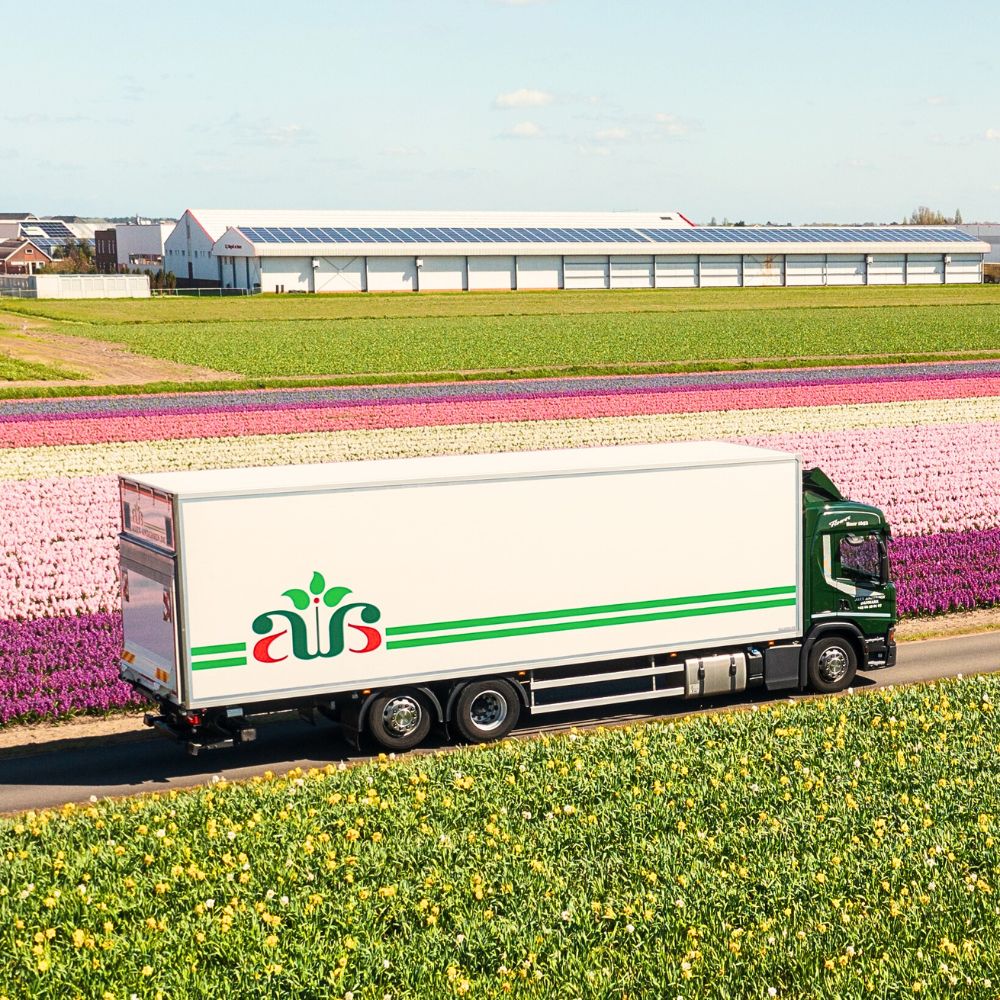
5. Predictive Analytics for Maintenance
AI-powered predictive analytics can foresee potential disruptions in transportation, such as vehicle breakdowns or delays, and recommend proactive measures to mitigate them.
- Fleet Management: AI tracks vehicle performance and schedules maintenance to prevent unexpected issues.
- Proactive Problem Solving: By analyzing past incidents, AI systems can identify patterns and suggest improvements to logistics operations.
6. Automated Sorting and Handling
In warehouses and distribution centers, AI-driven robots and automated systems are transforming the way flowers and plants are handled.
- Reduced Human Error: AI-powered sorting systems minimize errors that can damage products or delay shipments.
- Increased Efficiency: Robots can handle repetitive tasks like sorting, labeling, and packing, freeing up human workers to focus on more strategic roles.
Real-World Applications in the Flower and Plant Industry
Case Study: AI-Powered Greenhouse Logistics
Several flower growers are now integrating AI into their greenhouse operations. For instance, AI systems monitor plant growth, predict harvest times, and align them with logistics schedules. This ensures that freshly harvested flowers are packed and shipped immediately, preserving their quality.
Case Study: Dynamic Pricing Models
Retailers in the flower and plant industry are using AI to implement dynamic pricing strategies. By analyzing market demand, competitor pricing, and seasonal trends, AI suggests optimal prices that maximize revenue while remaining competitive.
Case Study: AI in E-commerce Platforms
E-commerce platforms specializing in flowers and plants are leveraging AI for personalized recommendations, enhancing the customer experience. AI also streamlines order processing and delivery coordination, ensuring timely and accurate shipments.
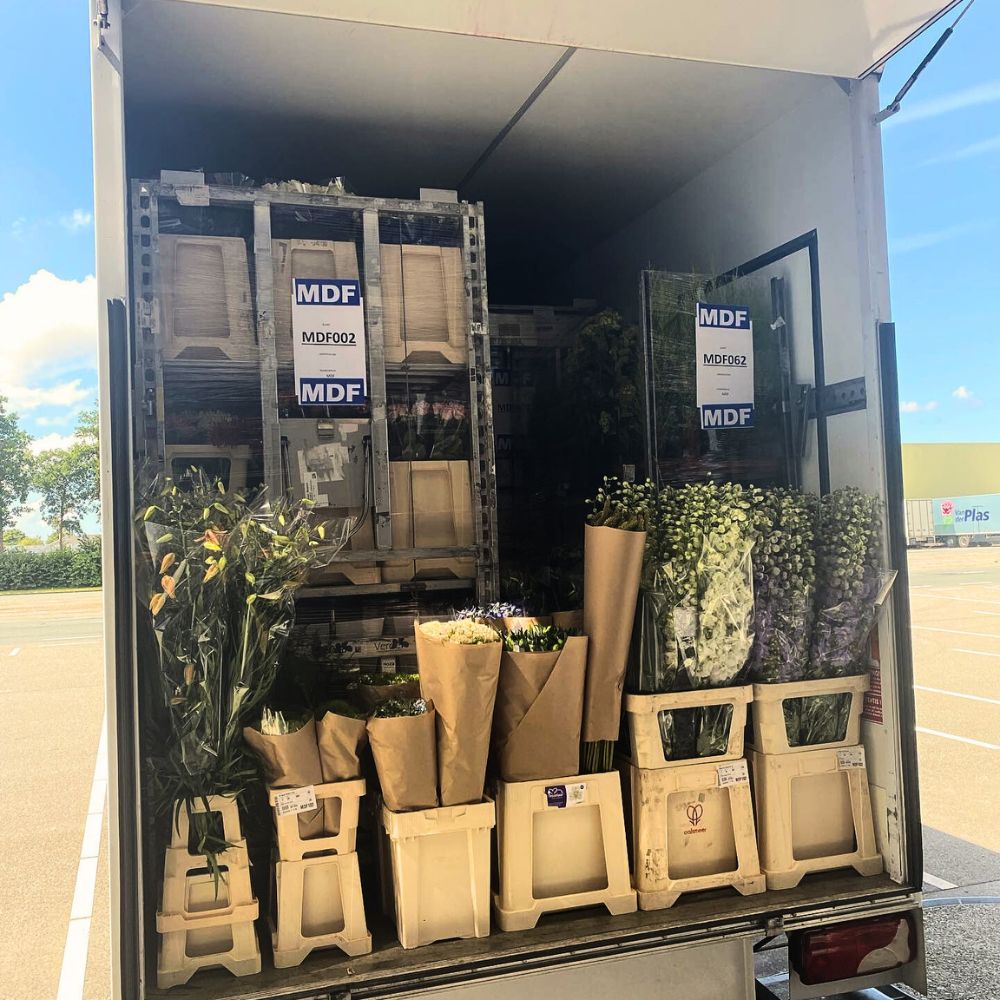
Benefits of AI in Transportation and Logistics
1. Reduced Costs
AI systems help businesses save money by optimizing routes, reducing waste, and streamlining operations. This is particularly important for small and medium-sized enterprises in the flower and plant industry that operate on tighter margins.
2. Improved Product Quality
Real-time monitoring and enhanced cold chain management ensure that flowers and plants reach customers in pristine condition.
3. Sustainability
By minimizing waste and reducing fuel consumption, AI-driven logistics contribute to a more sustainable supply chain.
4. Increased Customer Satisfaction
Faster delivery times, better product quality, and personalized experiences lead to higher customer satisfaction and loyalty.
The Future of AI in the Flower and Plant Industry
As AI technology continues to advance, its applications in transportation and logistics will only expand. Here are some potential future developments:
- AI-Driven Drones: Drones equipped with AI could revolutionize last-mile delivery for flowers and plants, especially in urban areas.
- Blockchain Integration: Combining AI with blockchain technology could enhance transparency in the supply chain, allowing customers to track the journey of their flowers from farm to vase.
- Advanced Robotics: Future AI-powered robots may handle delicate tasks like pruning and transplanting plants, further automating the production process.
Unlocking New Opportunities
AI is transforming the flower and plant industry, addressing long-standing challenges in transportation and logistics while unlocking new opportunities for growth and efficiency. From optimized route planning to real-time monitoring and demand forecasting, AI-powered solutions ensure that flowers and plants are delivered fresh, on time, and with minimal environmental impact.
As businesses in this sector embrace AI, they not only enhance their operations but also position themselves as innovative and customer-focused players in the market. With tools like predictive analytics and smart packaging, the future of the flower and plant industry is blooming brighter than ever.

